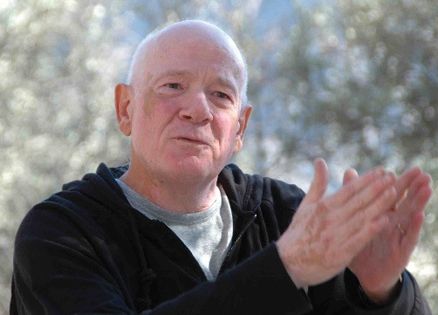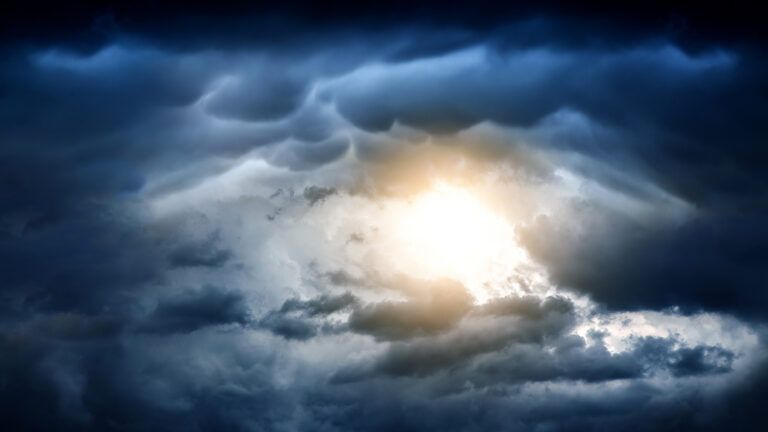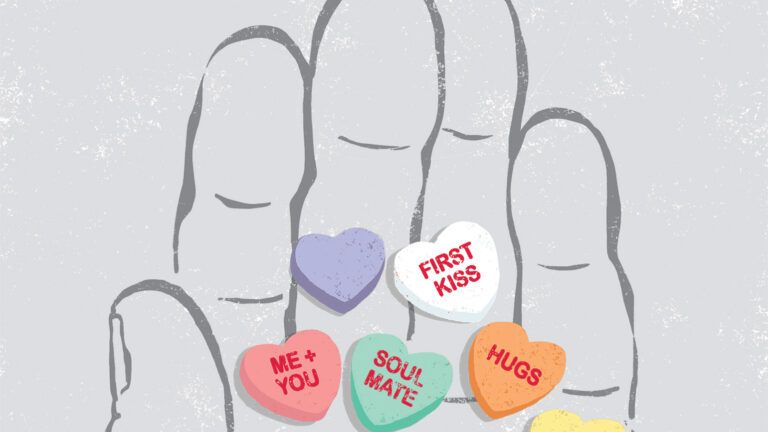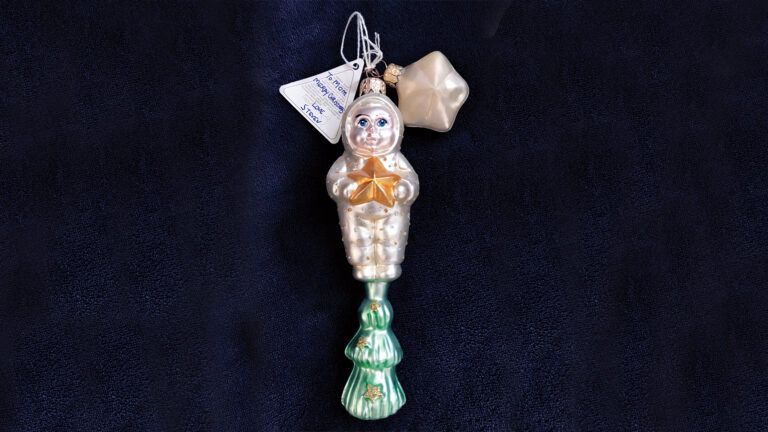In 1975, a small Georgia publisher, Mockingbird Press, published my first book, Life After Life.
In the foreword, Elisabeth Kubler-Ross, the best-selling author and physician who first described the five stages of death, wrote: “We have learned a lot about the process of dying, but we still have many questions with regard to the moment of death and to the experience our patients have when they are pronounced medically dead. It is research such as Dr. Moody presents in his book that will enlighten many and will confirm what we have been taught for two thousand years—that there is life after death.”
I appreciated Elisabeth’s belief that I had proven life after death and that I would enlighten many with my work on the process of death. My publisher, John Egle, appreciated her kind words as well. He fervently believed, much to my pride and joy, that our little book might sell as many as 5,000 copies.
So it became a shock to both of us when “many” turned out to be millions! Life After Life rapidly became a huge best seller and eventually one of the best-selling nonfiction books of all time, a publishing phenomenon that revealed a yearning for information about what happens when we die.
Of course I was pleased that I had written an international best seller. But the greatest blessing of Life After Life for me was the entree it gave me into people’s deepest thoughts about mankind’s oldest question: What happens when we die?
Letters and stories came in constantly from those who’d had near-death experiences as well as those who knew people who had. Mail came in large bags from the post office, and the phone rang constantly. It was as though a dam holding back a flood of common experiences had broken and suddenly they were washing over my world. And those experiences came from people in every walk of life, including medicine.
As anyone who has dealt with doctors knows, they can be a skeptical bunch. It makes sense: I really don’t think that most patients would like the results of their treatment if they dealt with doctors who didn’t demand proof every step of the way. The fact that most doctors base their medical care on research-based evidence is good for the patient as well as the profession.
Yet despite their reputation for skepticism, hundreds of people who work in medicine sent me stories of near-death experiences. It seemed as though doctors, like everyone else, needed to vent their experiences with death and dying. They found near-death studies to be a brand-new field into which they could contribute their heretofore-private stories.
Whether I was on a book tour or speaking at medical conferences, I was constantly approached by doctors and nurses who told me touching stories about near-death experiences and other spiritual events that had taken place during the latter moments of their patients’ lives. Many of the stories they told me involved shared death experiences.
A Change of Perspective
At a medical conference in Kentucky, a tall, pleasant physician expressed gratitude to me for founding the field of near-death studies. It had changed many things for him, both personally and professionally, he said. He then proceeded to tell me a story about the death of his mother, which took place after a bout with cancer that lasted nearly a year.
According to this doctor—I will call him Tom—he was fully prepared for his mother’s death. The two had openly discussed her imminent passing, largely so the death itself would not be so wrenchingly emotional.
Up until that point, the thought of life after death had not entered the picture. Tom had not been raised to believe in the concept, and since his mother did the raising, she did not believe in it either. And although he had read about the growing field of near-death studies, Tom felt that the unusual pre-death happenings were merely dream-like experiences created by the dying brain. In short, Tom was not raised to believe what would happen at his mother’s bedside.
“I was standing at the foot of her bed watching her as she struggled for breath,” said Tom. “The head of the bed was elevated so the effect was almost as though she was sitting up looking at me, only she wasn’t, because her eyes were closed and she was well within herself at this time.”
The next thing Tom knew, the room began to change shape ever so slightly and the light—which had been subdued—became very bright and gave Tom a sense that it had substance to it.
“I was frightened,” he said. “I thought I was having a stroke or some other neurological problem.”
Tom noticed that his mother was responding to the light too, but not in a way he had ever seen. She “sat up,” but not physically. Rather, “I saw this film or transparent envelope of light close up and lift off her body going upwards and out of sight,” he said.
It was immediately apparent to Tom that his mother had died and the light was her spirit leaving her physical body.
“It happened in just a moment,” said Tom. “But it turned the shock I felt at my mother’s death into great joyousness at her manner of departure. I do not remember ever having seriously thought about life after death before that moment. But when I saw her leave her body it became an instant realization that she went to another place. What would have been deep grief turned immediately to great joy!”
Although Tom had never told anyone except his wife about what happened, he began to freely discuss the mystery of death and other spiritual experiences with his patients and their families. Now, when he hears a patient say, “You won’t believe what happened to me when I had my heart attack,” he sits down with the person and listens as they share the wonderment of what happened to them.
Read more stories about heaven and the afterlife.




